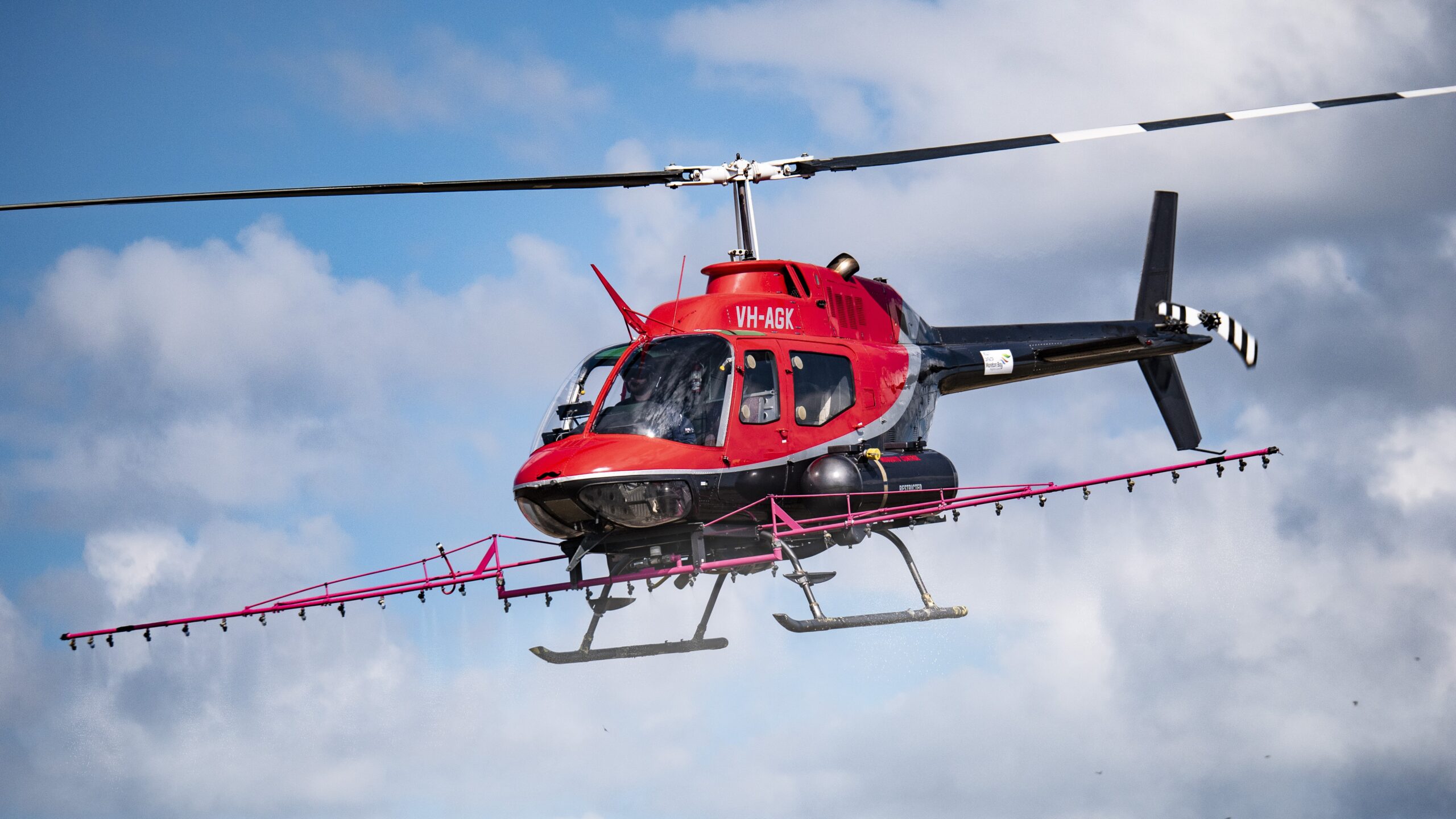Aerial mosquito spraying across Moreton Bay in south-east Queensland is now under way as numbers swell due to wet conditions.
A Vector Control Team (VCT) from council is monitoring rainfall and tide levels which can trigger a hatch of mosquito larvae and result in a surge in adult numbers, it says.
Mayor Peter Flannery says the daily efforts of the team are crucial to keeping numbers under control.
“We need to remain vigilant about the disease threat posed by mosquitoes and their impacts on amenity,” he says.
“Council’s Vector Control team does an exceptional job in managing those threats on a daily basis.”
The team uses light traps to monitor adult numbers of the insect then uses that data for targeted ground treatments.
Council explains that reducing mosquito populations also reduces the risk of disease, particularly Ross River fever and Barmah Forest virus.
EXOTIC MOSQUITO THREATS
The team and Queensland Health also watch for exotic species which are known to carry viruses and diseases such as Japanese encephalitis and Dengue fever, council says.
The team also manages the aerial application of larvicide which treats about 30,000 hectares of saltmarsh annually.
Council says tides over 2.5m can be a trigger for saltmarsh mosquitoes with residents likely to see greater numbers in the weeks after such a high tide.
Rain also contributes to fresh water and container breeding, and residents need to empty any vessel that can hold water.
Ground treatments such as using insecticide barrier treatments and fogging are also carried out in high public use areas.
Flannery says the team frequently collaborates with research bodies around best use of products, testing of new products and equipment and sampling, and trapping to identify invasive species and virus detection.
“Recently the team participated in a field trial with Queensland Institute of Medical Research Berghofer around the application of insecticide to vegetation barriers for the reduction of midge and mosquitoes,” he said.
Residents can help around the house by emptying containers, plant saucers and buckets, clearing blocked gutters, changing water bird baths and pet bowls regularly and checking their rainwater tank for gaps.






